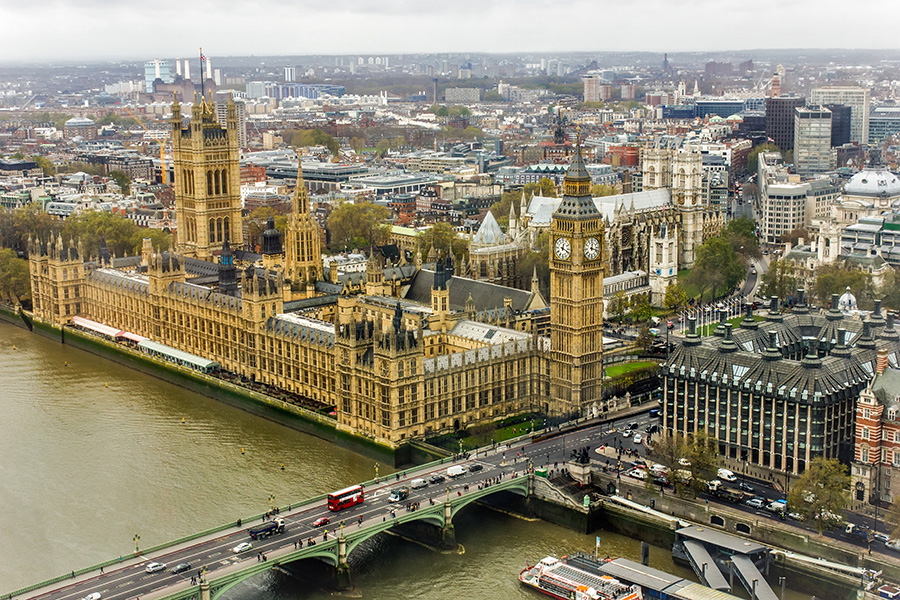Gambling
UK to advance with land-based gambling reforms

The DCMS has published a response to its consultation on land-based gambling.
UK.- The UK government will advance with plans to reform regulations for land-based gambling venues after publishing its responses to a consultation on white paper proposals.
As announced last year, the proposals involve an amendment of the Gaming Act 1968 to increase the number of gaming machines allowed in venues that meet small casino criteria under the 2005 Gambling Act. The allowance for category-B gaming machines for small casinos will be increased from 20 to 80 machines per premises licence. A sliding scale will be applied based on the size of gambling area, non-gambling area and machine-to-table ratio.
Those venues that choose the increased allowance will pay fees outlined in the 2005 Gambling Act, while those who choose to keep the current limit will continue to pay fees under the 1968 Act. Meanwhile, the machine-to-table ratio at casinos will be standardised at 5-to-1. The venue requirements for the operation of table gaming areas will be lowered from 500 sqm to 250 sqm with exemptions for licences that remain under the old regime.
Bingo and arcade venues will benefit from a change from the 80/20 ratio to allow “greater commercial flexibility over their product offer of Category B, C and D gaming machines”. Meanwhile, debit card payments for gaming machines will become a statutory requirement. The government proposes that account verification should be required on each transaction, a requirement that will be introduced via secondary legislation. Cashless payments will be limited to £100.
Gambling venues will be required to introduce 18+ age verification on the cash-out of Category-D slot machines, and it will be made a criminal offence to “invite, cause, or permit” someone under the age of 18 to use such machines.
Finally, the government will increase the maximum premises licence fees that can be charged by local authorities in England and Wales by 15 per cent to fund stricter enforcement. Licensing authorities had asked for a 30 per cent increase while gambling operators pushed for 10 per cent. Scotland sets its own fees.
The gaming hall trade association Bacta has expressed optimism that the reforms will be signed off before the summer recess.









